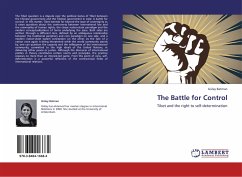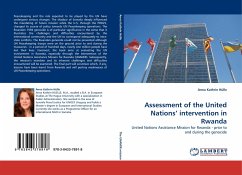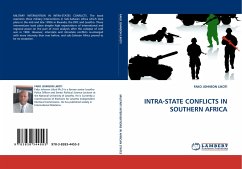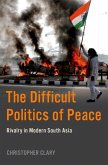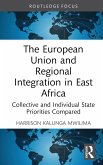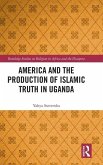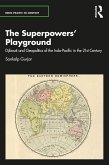The Tibet question is a dispute over the political status of Tibet between the Chinese government and the Tibetan government in exile: A battle for control. In this matter, Tibet extends far beyond the issue of sovereignty as it raises questions about the controversy between international law and the universality of human rights, the classic nation-state paradigm and the modern conceptualizations of terms underlying the issue. Both sides are written through a different lens, defined by an ambiguous relationship between the traditional periphery and core paradigm on one side, and a modern nation-state system conception on the other. As the fate of a nation once again is being threatened while the world community stands by, one can question the capacity and the willingness of the international community, committed to the high ideals of the United Nations, in delivering either peace or justice. Although the discourse of international politics in theory constitutes certain norms and principles, the practice exposes no more than an interest-led game. From this point of view, self-determination is a powerful reflection of the controversial fields of international relations.

